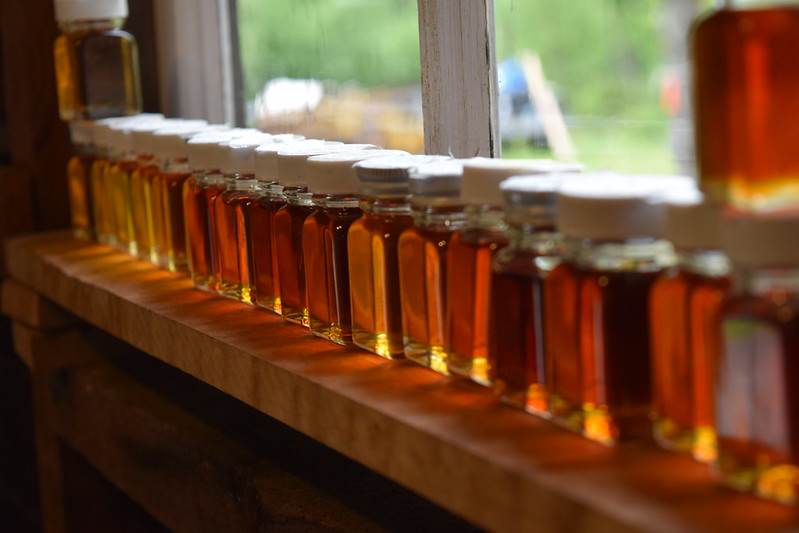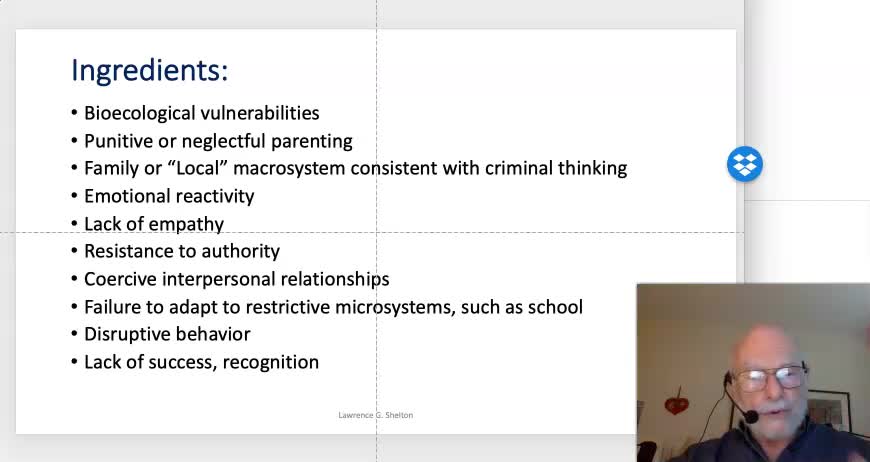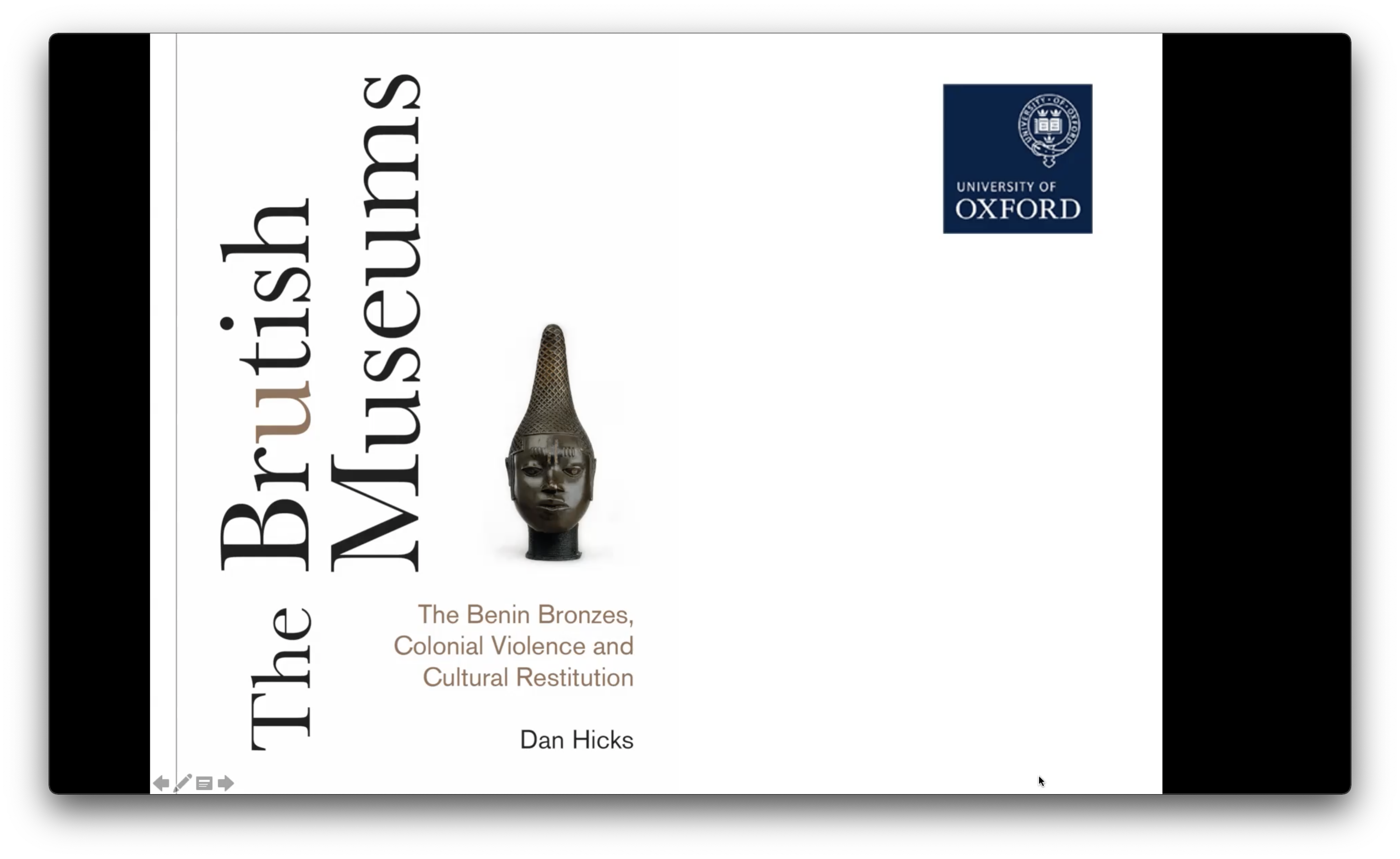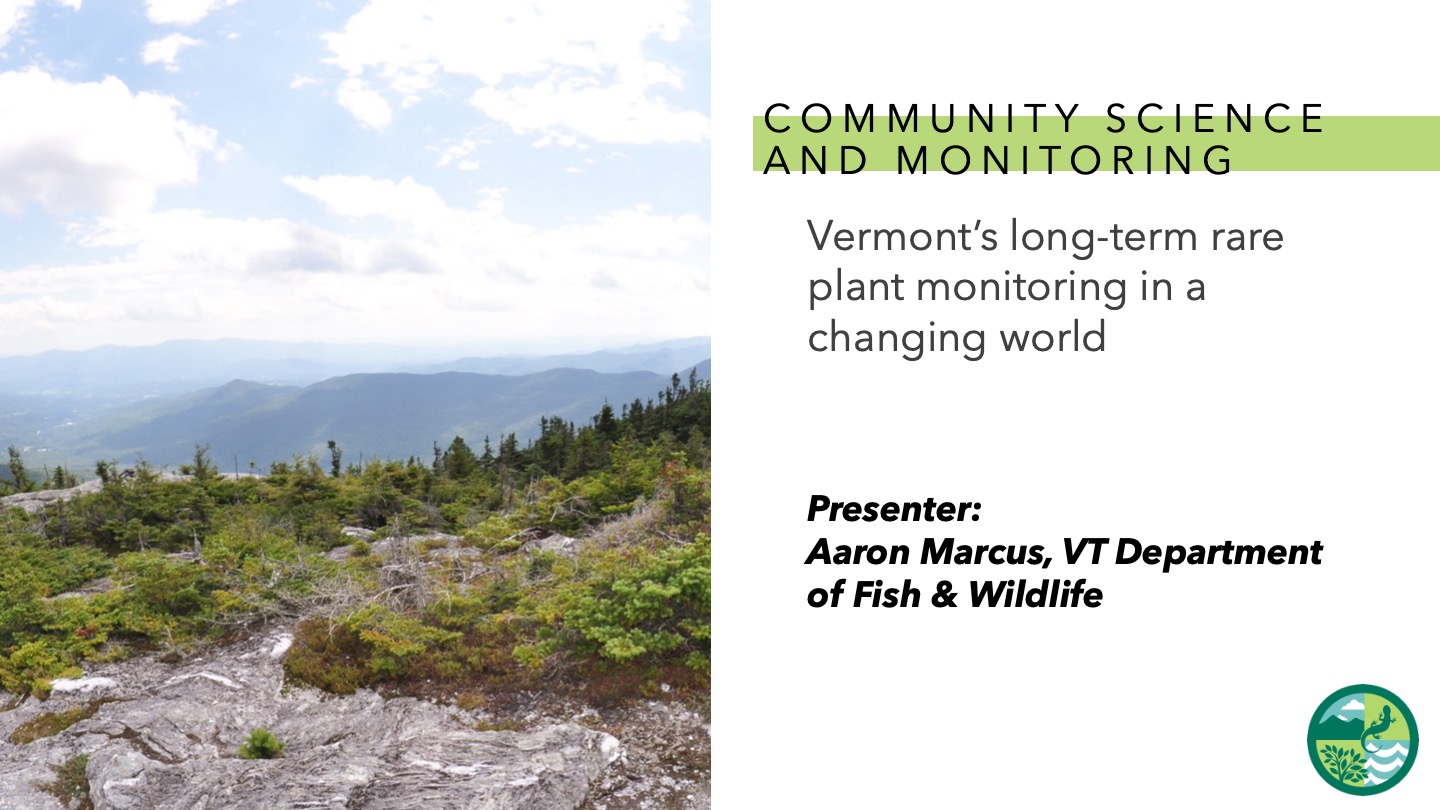Search Results
Results for: 'KIngdoms and empires based on agriculture'

Late summer, while leaves are still green is a good time to assess the trees in your sugarbush. Weak or declining individuals will show areas of crown dieback. Trees with more than 75% dieback will likely not survive but are still competing for li...

Traditional Collection Methods
Traditional methods of sap collection have changed over time. Initially, Native Americans created gashes in the stem, and directed sap into wooden or bark vessels. Early spouts were created by hollowing out small twigs, which were inserted into ta...

Maple sap, what's in it? Maple sap is a dilute solution of mainly water (95-99%) and sugar (1-5%), along with trace amounts of other substances, including: organic acids, free amino acids, protein, minerals, and phenolic compounds. Sap coming dire...

Diatomaceous Earth (DE) Filtering
Just as the sugars found in sap become concentrated during boiling, so too are the naturally occurring minerals found in sap. As the concentration of minerals increases in the sap, it approaches, then exceeds the point of saturation. When that hap...

Although bucket spouts are still available, most spouts used in the maple industry currently are plastic and designed to be used with vacuum. Spouts are constructed of food-grade nylon or polycarbonate and are smaller in size (5/16" diameter) than...

HDFS 161 Episode 18 Crime & Punishment
Professor Shelton Outlines a develecological understanding of crime and punishment. He describes the development of criminal behavior and thinking, the developmental and ecological ingredients that go into a criminal developmental trajectory, the...

Dan Hicks Keynote from Repatriation/Restitution/Reparation Symposium — Nov. 4, 2021
Repatriation centers on the return of objects that were stolen from communities in Africa as part of European colonialism. The presence of these plundered objects in Euro-American museums contributes to ongoing imperial relationships and perspecti...

Nutrition Podcast: Picky Eating
Lots of us have little ones in our lives who may be picky eaters, and many of us wonder why and how they developed their limited palettes?! Join us in this episode of “Food for Thought,” where we tackle the difficult topic of raising a picky eater...

Vermont’s Long-term Rare Plant Monitoring in a Changing World
This was presented by Aaron Marcus as a part of a series of contributed talks from the 2022 FEMC Annual Conference. To learn more about the conference, visit: https://www.uvm.edu/femc/cooperative/conference/2022. Vermont Department of Fish & Wildl...